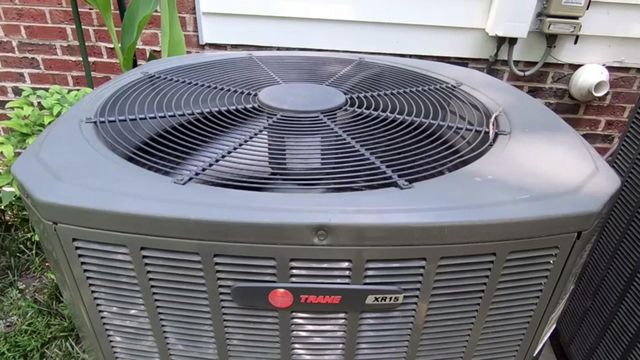New NC utility cutoff rules explained
The rules on utility cutoffs got more complicated this week with the expiration of a state order forbidding power companies, water providers and other utilities from disconnecting customers who haven't paid.
For-profit companies, like Duke Energy, are now bound by a new order from the North Carolina Utilities Commission, which extends the coronavirus pandemic shutoff moratorium until September and requires them to give customers 12 months to pay off overdue balances.
But that doesn't apply to municipal-owned utilities or to co-operatives that are much smaller than the big for-profit companies but together provide water and electricity to millions of North Carolinians.
The moratorium on those shutoffs ends this week, though an executive order on the issue from Gov. Roy Cooper says these utilities have to offer people six-month payment plans to make up what they owe.
"If somebody is offered a six-month repayment plan and they comply with the plan and resume making their regular payments, then, yes, they cannot shut anyone off during that time period," Al Ripley, a consumer protection advocate at the North Carolina Justice Center, said Thursday.
"If someone does not keep up with their payments, then they can shut someone off like they normally do," Ripley said.
Providers can't charge fees, penalties or interest on late payments that accrued during the shutdown moratorium orders. They can include bad check fees, though.
The co-ops and municipal owned systems don't have the financial cushion of larger utility companies like Duke, which serves gas or electricity customers in seven states and had $3.5 billion in net income last year. That's why local officials, as well as State Treasurer Dale Folwell, pushed for an end to the governor's moratorium on shutoffs.
Folwell, in particular, argued that continuing the moratorium could cause smaller utility operations to fail.
The Utilities Commission, which regulates providers, said earlier this month that utilities reported more than $257 million in customer arrearages as of June 30. Nearly 60 percent of that was attributed to the three largest investor-owned utilities in the state: Duke Energy Carolinas, Duke Energy Progress and Dominion Energy.
All three remain under the shutoff moratorium. Duke Energy said this week that it's reviewing the utilities commission order and will lay out a new billing plan soon.
"Regardless of the timeline, all customers will have at least one full billing cycle after we announce the resumption of standard operations to prepare, discuss options for their situation and make payment arrangements," company spokeswoman Meredith Archie said in an email.
Cooper said this week that he expects to announce a plan soon to help people pay their bills. The administration hopes to use federal money for the program, and officials are waiting on more guidance from the government.
The Justice Center has asked for a number of changes, including an extension of the shutoff moratorium for co-op and municipal customers, something the governor hasn't been willing to do.
Reipley said he fears people won't be able to cover their past-due bills, even over six months. He said that, not only will they get shut off – potentially during one of the hottest parts of the year – but utilities won't be able to collect what they're owed.
"It's going to be the worst of both worlds," he said.











